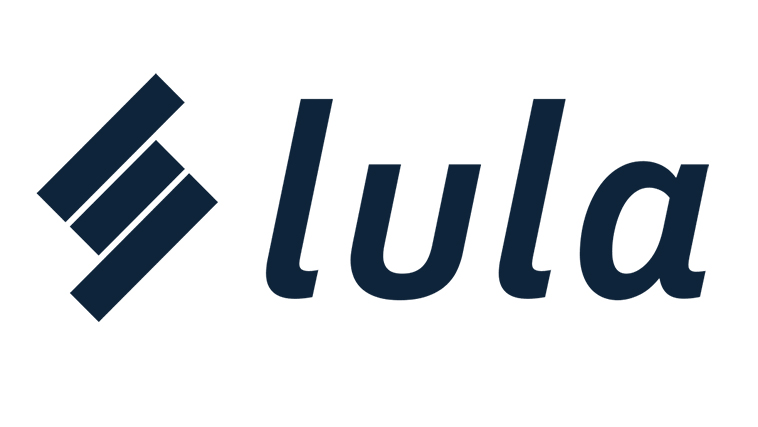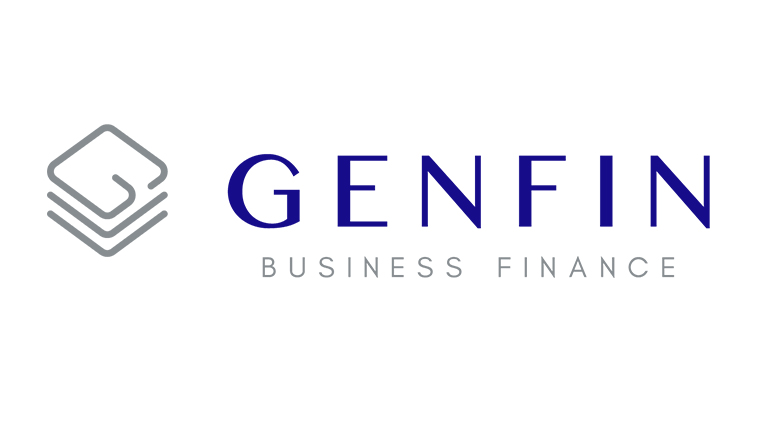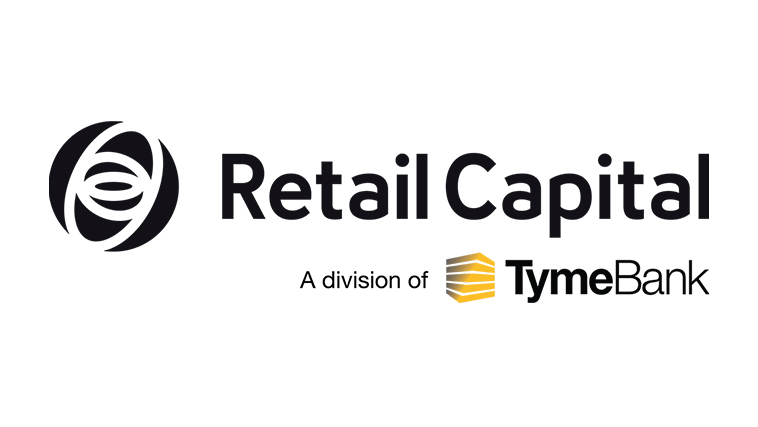Introduction
Access to funding is one of the top challenges reported by SMEs, according to The SA’s SMME COVID-19 Impact Report by FinFind.
A total of 58,6% SMMEs that survived the lockdown reported that they cannot get access to funding.
Of the total funding requests made during the first 5 months of lockdown, 47.9% of the funding requests were made to the government, 27.4% to banks and 13.6% to family and friends, and the balance was made to formal lenders.
Some of the reasons that small business owners apply for funding include increasing their inventory, recruiting and hiring new employees, improving the business’s cash flow, and upgrading business equipment.
SME South Africa in an article outlines that the South African government offers several funding instruments for small businesses. Ranging from grants to incentives, each offers some form of financial support for entrepreneurs.
Besides the common avenues of business funding options like government funding and traditional institutions like banks, there are also alternative funders who provide small businesses with a variety of financing products, usually over a short period.
We have seen the rise of alternative solutions to business financing – fintech companies are offering business funding to small businesses over a short period. They are also giving small businesses flexible payment terms to go with the business loan in South Africa.
Small business owners can apply online to qualify for a business loan in South Africa.
The minimum criteria for the business loan can include that your business has been trading for 12 months.
A lack of financing readiness is one of the biggest reasons business loans applications get rejected.
Some of the challenges identified in the report, An Assessment of South Africa’s SME Landscape: Challenges, Opportunities,Risks & Next Steps’ 2018/2019 (SME Report) are insufficient operating history, inadequate cash flow, limited collateral and a bad credit score.
Main Features
Convenience
There is a wide pool of lenders (fintech startups) that offer business loans to businesses. You can apply online onto the lender’s website. Once approved, you can get the cash immediately (this can take place within 24-48 hours depending on the lender). You do not have to visit an office to do the paperwork, which saves you both time and money.
Transparency
Most lenders have a calculator on their website, which allows the business owners to see how much they will have to repay per month or you can apply a quote instantly. For many, the fees are calculated based on your business’s turnover and the duration of the loan. There are no hidden costs, so you know what you are letting yourself in for – even before applying.
Flexible payment terms
Most lenders give you up to 12 months to pay the loan back. You can also ask for a settlement fee – if you settle earlier. Some lenders give you the option to pay per week, as well as the monthly payment option.
Type of loan
The type of loan you will apply for is based on what your business’s needs are. There are some lenders that provide loans for specific needs, such as inventory or for equipment or other business assets. The different types of financing products available include Bridging Finance, Credit Facility, Equipment Financing, Inventory Finance, Offer trade credit, Refinancing, Supplier Finance, and a Cash Advance.
Application process
Applying online can be seamless because it does not require much paperwork. Many lenders ask that you register on their online platform as part of their application process.
The lender will want to get insight into your company’s financial history, so you will be asked to supply documentation such as three months to six months’ bank statements, provide your company registration number or VAT number. You can also expect that a credit check may be done and/ or you might be asked to get your business assessed, including a review of your cash flow.
Qualifying criteria
For the majority lenders, the criteria includes that a business must have been in operation for 12 months; and the turnover must be of around R40,000 per month or the annual revenue of the company must be more than R500,000.
Some lenders cater for specific industries, while some cater for specific needs of a business such as asset finance.
Repayment terms
Each lender has a principal amount plus the added fee and interest which equals the standard installment. Depending on the options that are offered by the lender, there are flexible payments which can be done on a daily, weekly or a monthly frequency. The funding period can be between three to 12 months. Some lenders give the option of settlement fees if you decide to settle early.
Pricing
Consider the following when choosing a lender.
- Principal loan amount – you will be required to repay the loan amount taken out in full.
- Interest rates – in addition to the principal amount you will be required to pay interests on the loan amount. A loan that is considered low risk by the lender will typically have a lower interest rate. The amount of interest you must pay will depend on the business loan terms, which will be agreed on in advance with the lender.
- Additional fees – Closing fees or other transaction costs fees that you need to pay before, during and after the loan process.
- Fixed fees vs making repayments based on your trading patterns – With most loans you will have two repayment options. The fixed fees option requires that you repay your loan amount as fixed fee to be paid per month for the duration of your loan. You may also repay your loan from card sales. With this option, you pay the lender an agreed upon percentage of your card sales based on daily, weekly or monthly basis.
- Trading History Requirements – This will differ depending on the lender and size of the loan requested. Most lenders will require that a business generate at least R200,000 per annum, however this amount may increase to R500,000 or even R1 million, and more. Ultimately, the stronger your business financials (as shown through your annual revenue and profits) the more likely you are to get approved for a business loan.
Buyer's Guide
There are certain questions you need to answer yourself before looking for business financing. Your answers will determine which lender’s product will suit your business’s needs. You need to also look at how much you can afford monthly to pay back the loan versus how much you actually need for your business.
Consider the following:
Your business’s needs
Ask yourself why your business needs the cash injection. Do you need the funding for assets or equipment, managing cash flow, buying inventory and equipment, hiring employees? Perhaps you need to apply for business financing to increase your marketing (ad spend) and inventory budget. Look for a lender that offers a product that suits your business’s needs.
Loan terms
The amount you are required to pay back can be calculated on the lender’s website, you can also request a quote. Flexible loan payment terms will allow you to either repay the loan on a daily, weekly or monthly basis – this is dependent on what the lender offers.
The costs should be transparent and agreed upon upfront.
Speed and convenience
Speed and convenience are key reasons small business owners should apply online for business loans. There is no need for physical interactions such as going to an office/branch to do the application. This saves you time and costs on things like travelling.
Documentation needed
Entrepreneurs must maintain their records in order to help lenders assess their bankability and affordability. Up-to-date management accounts, financial statements and tax clearance certificates are among the most common documents that you will be required to provide. Some traditional lenders might even want to see a solid business plan detailing the purpose of the loan. And how you expect it to increase profits. Your business plan should include current and projected financials.


